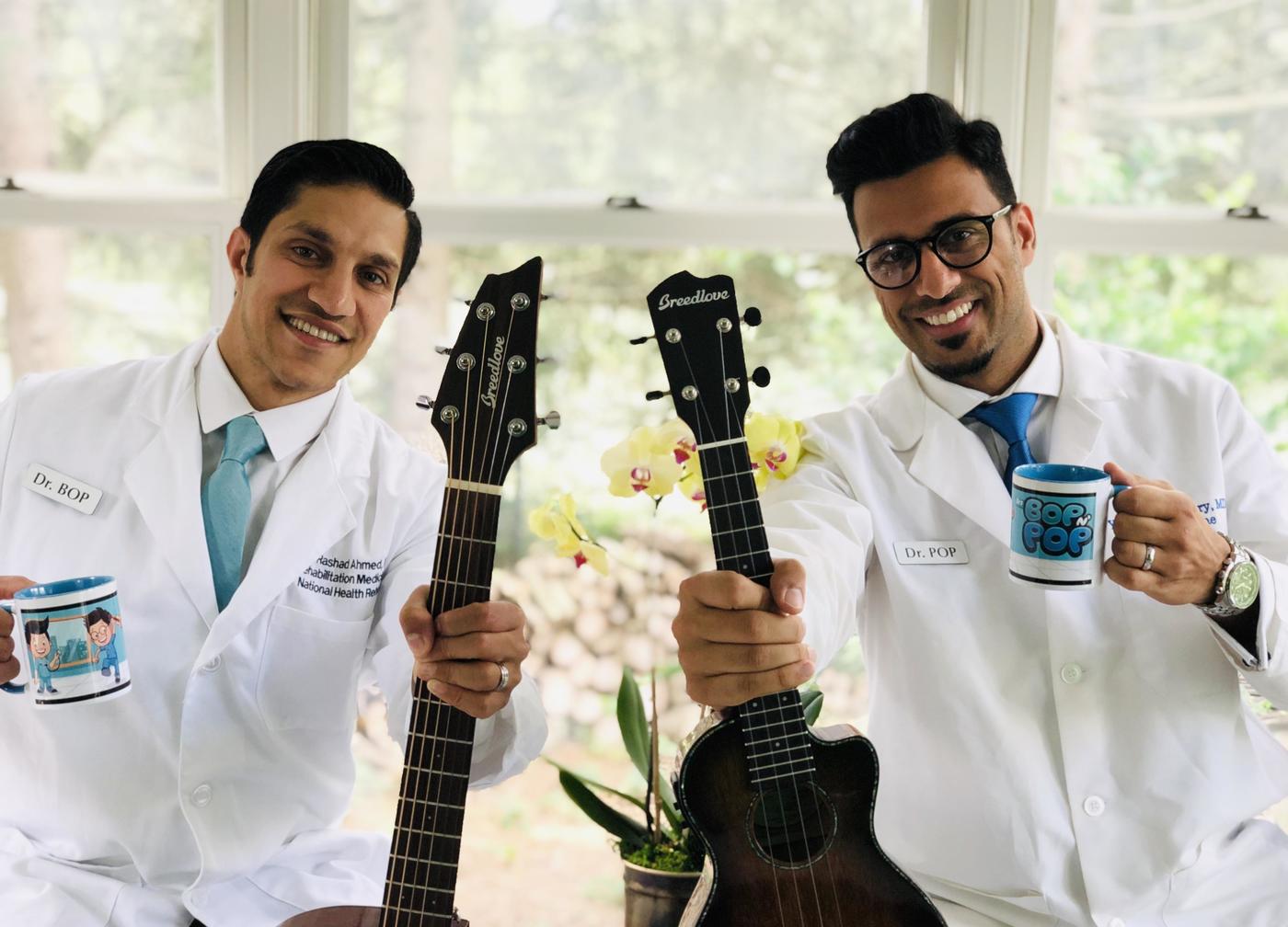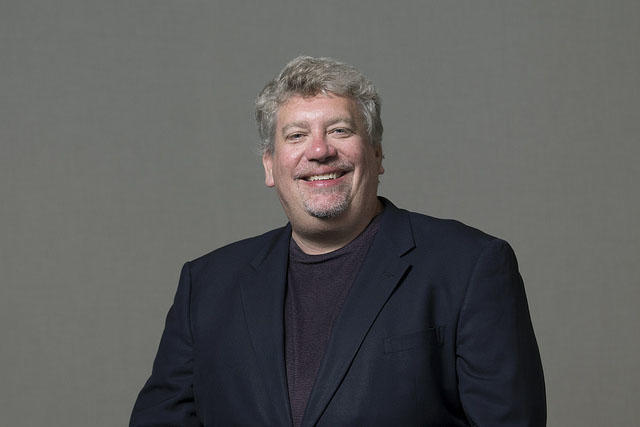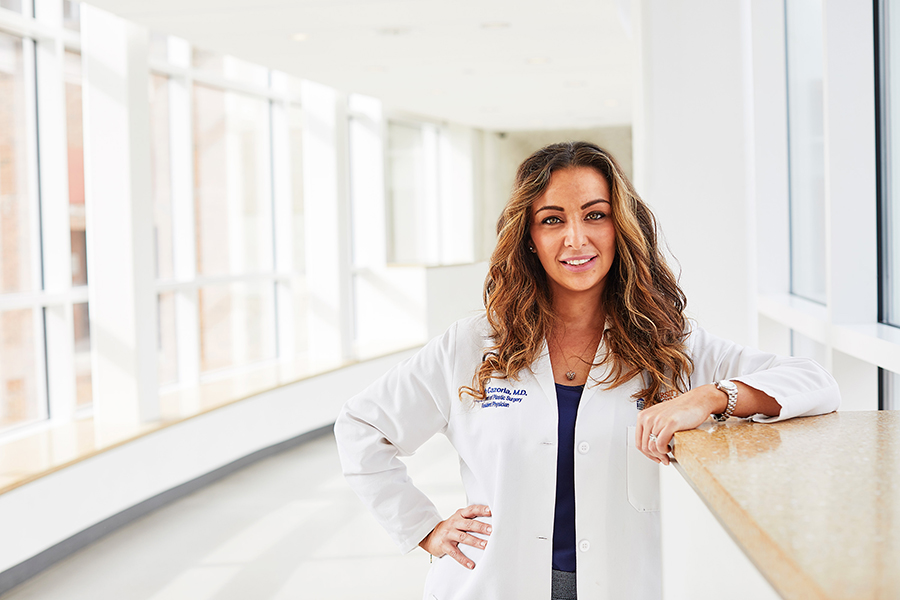
Sarah Cazorla, MD ’11 always knew exactly how competitive it was to pursue plastic surgery, her career goal since high school. She came up with backup plans at every step in her journey just in case, including: biomedical research, public health work, and medical translation (she studied Spanish and Portuguese during undergrad at the University of Tampa).
She didn’t end up needing any of them—although her proficiency with languages comes in handy when speaking with patients. After graduating from AUC, Dr. Cazorla matched into general surgery at Texas Tech University Health Sciences Center and continued on to earn a fellowship in plastic and reconstructive surgery at the University of Virginia School of Medicine.
That’s not to say her journey has been easy. “Some residency programs don’t realize that international medical schools like AUC have curriculums are equivalent to stateside schools, or that we do our rotations alongside U.S. medical students," she says.
Dr. Cazorla maintains that not only has her education been equivalent to that of a U.S. medical school, she’s also gained valuable experience unique to international schools.
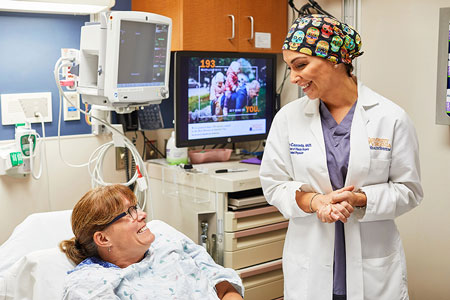
“Through AUC’s clinical affiliates, we’re exposed to diverse hospital settings throughout our training and have the advantage of learning from many different physicians—which helped me advance in technical skills,” says Dr. Cazorla. “As Caribbean medical schools continue to establish themselves as programs that turn out strong surgeons, the doors will keep opening for graduates.”
The gender gap in plastic surgery is also particularly striking. Just 15 percent of active plastic surgeons are women, according to the Association of American Medical Colleges’ 2016 Physician Specialty Data Report. While Dr. Cazorla says “the tides are turning” as the specialty becomes more welcoming to women, it will take time for the effects of the disparity to be gone entirely.
“I’ve been pregnant twice in residency, and I’ve definitely met challenges because of that,” Dr. Cazorla says. “And on any given day, there’s still a likelihood that if I walk into a patient’s room, they’re going to call me ‘Nurse.’ But we have a strong bond in the female surgery community. We support each other. And overall I think people are becoming more enlightened that not only can women be surgeons, they can be great surgeons.”
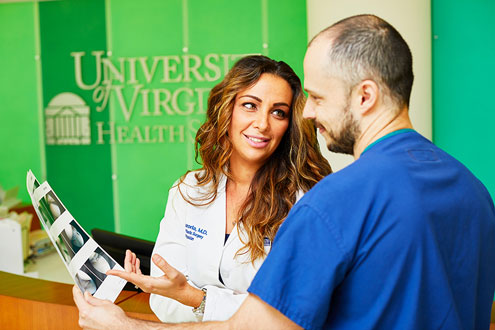
Dr. Cazorla aspires to have a private practice that offers a combination of breast reconstruction and cosmetic surgery. She also hopes to eventually do international mission work, particularly in South America where she could use her languages.
“One of the key tenets of plastic surgery is restoring form and function to people. You’re not simply trying to make people pretty, but you’re giving back something people have lost, especially with breast reconstruction and women who have lost breasts to cancer,” says Dr. Cazorla. “Being able to restore them in that way is not only a gift to them, it’s incredibly gratifying as a surgeon.”


